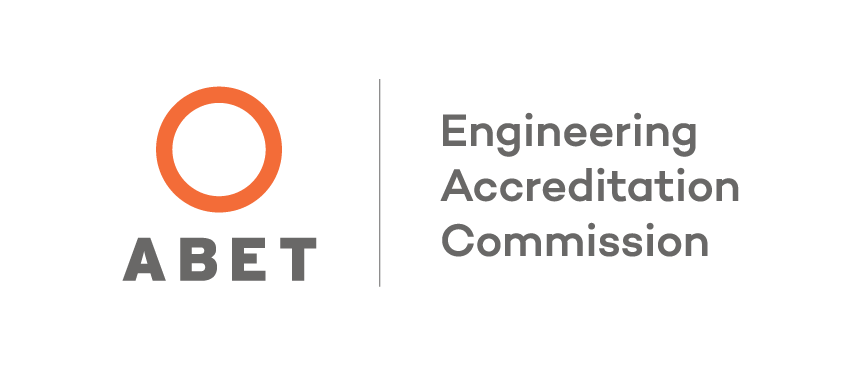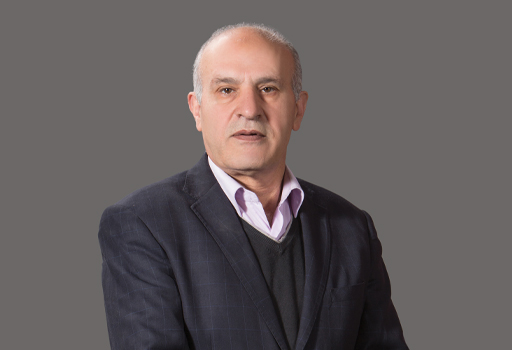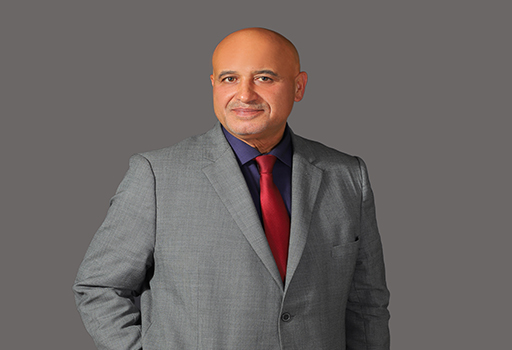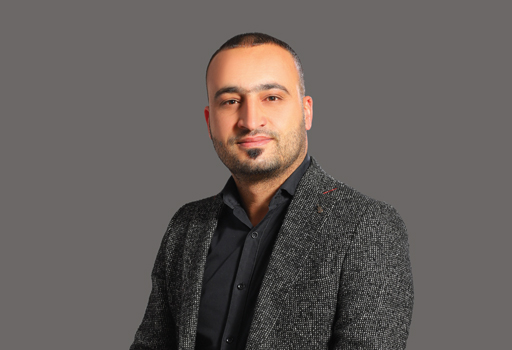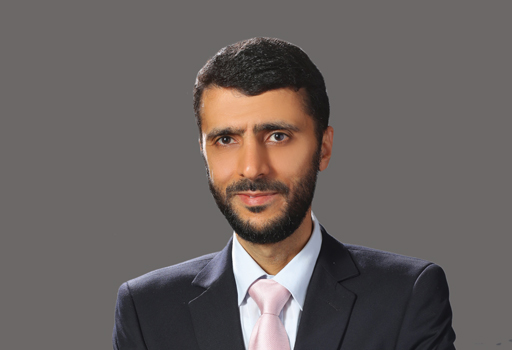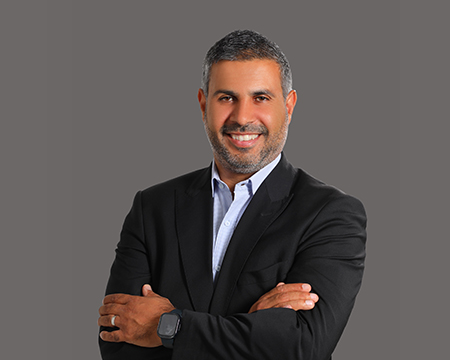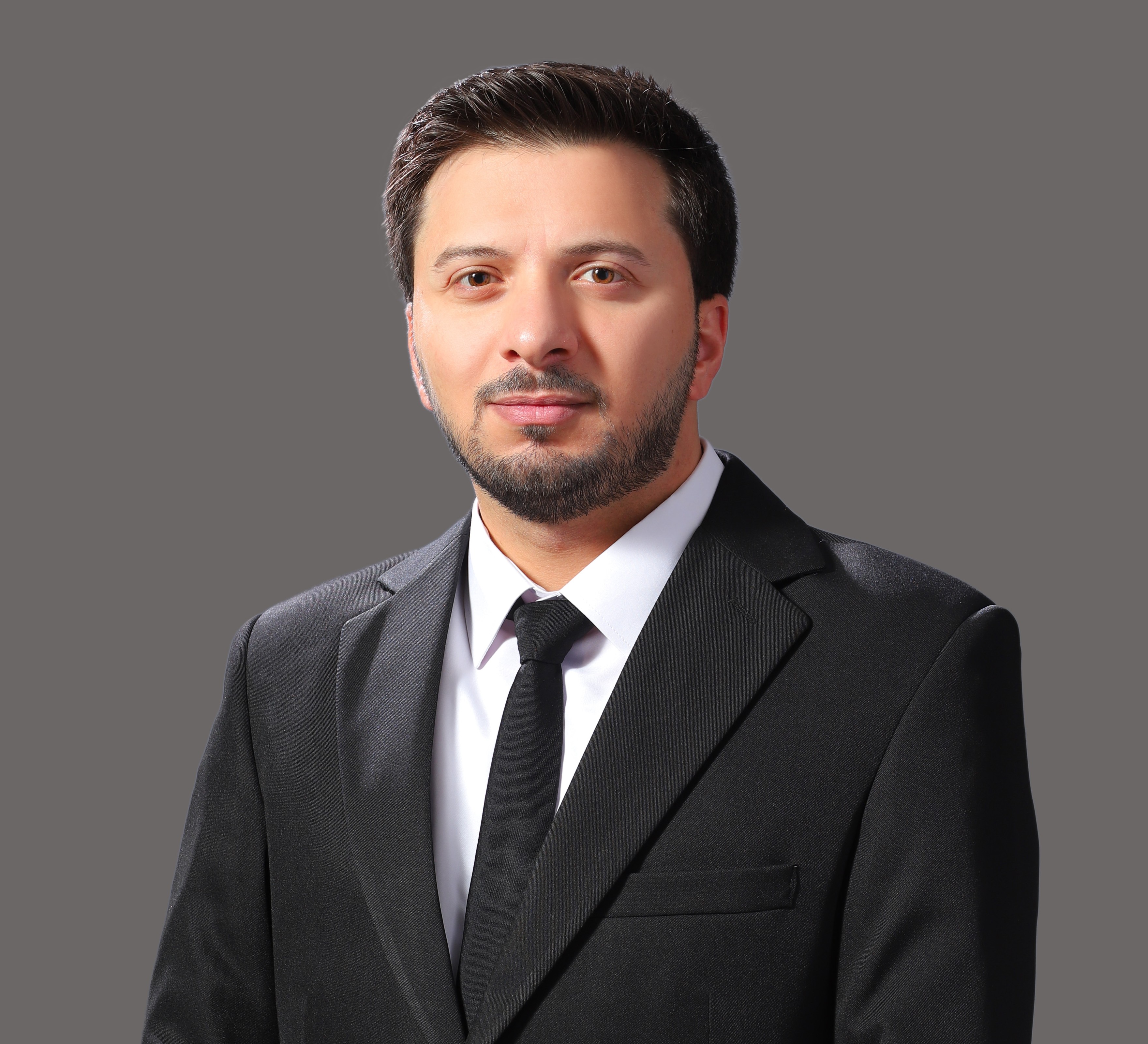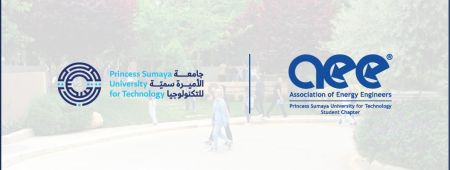The growth of solar energy, wind energy, and other resources, combined with trends such as electric and hybrid vehicles, have a profound impact on the global society; this requires well-trained and skilled engineers to cope with advancements in this area. The program's curriculum is the first of its kind in Jordan that focuses on electrical power and energy. It provides students with up-to-date electricity generation, distribution, and control courses. It covers analysis and design using the modern industry's latest international tools and software. The curriculum was designed to include a solid background in electrical engineering supplementary areas such as: electronics, computers, communications and control.
Students acquire the needed practical skills that go hand in hand with their theoretical knowledge in various fields and learn how other forms of energy are converted to electrical energy, transported and used. In their project works, students learn problem solving and structured work methods, and how to use electric power technology to solve industrial problems.
The curriculum is based on 160 credits semester hours. Students usually graduate in five years or less. The program accepts students who succeed in their Jordanian General Secondary Exam/Science Stream, or equivalent, with a minimum average of 80%.
The Electrical Power and Energy Engineering (B.Sc.) is accredited by the Engineering Accreditation Commission of ABET, https://www.abet.org, under the commission’s General Criteria and Program Criteria for Electrical, Computer, Communications, Telecommunication(s) and Similarly Named Engineering Programs.

 PSUT Portal
PSUT Portal 
